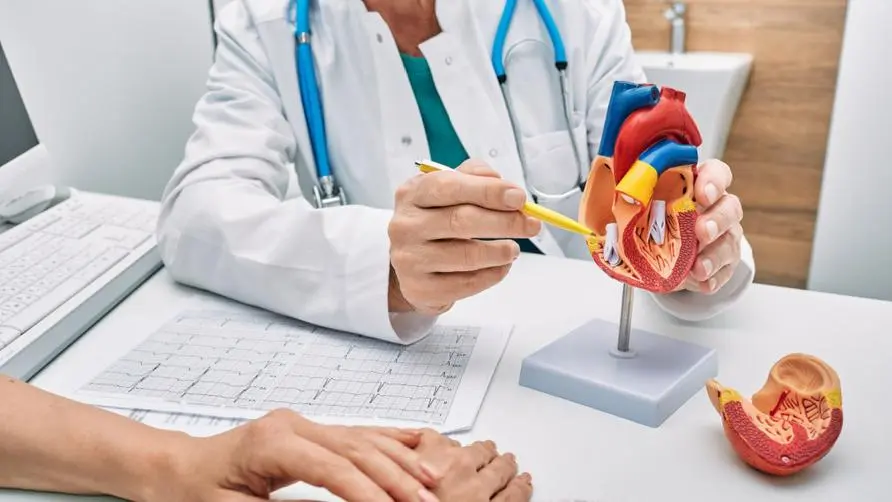Is fainting just due to insufficient perfusion or is it caused by a brain tumor? Doctors reveal the biggest difference between fainting, dizziness and coma
What is the difference between fainting, dizziness and coma? What are the causes of sudden fainting?
Could sudden “fainting” be a sign of a serious illness? Dr. Zhong Yijun from the Department of Neurology, New Taipei City Hospital explained that “faint”, “dizziness” and “coma” have different definitions. Syncope refers to a temporary lack of perfusion in the brain, resulting in a temporary loss of consciousness and the inability to maintain limb posture. Usually wakes up after a few seconds or 6-8 seconds.
Vertigo is what is commonly referred to as “dizziness”, and it is a level of dizziness that makes you feel dizzy and unable to get up, but your consciousness is usually clear. As for “coma” (coma), it refers to obvious loss of consciousness.
What diseases are related to fainting in daily life? Dr. Zhong Yijun pointed out that there are many possible causes of fainting. First, fainting caused by cardiogenic problems, such as arrhythmia and heart disease. Second, neurological diseases lead to instability of the “vagus nerve” or postural hypotension, leading to syncope.
Third, epilepsy. Some patients suffer from convulsions and fainting due to epileptic seizures. Fourth, gastroenteritis and gastrointestinal bleeding may cause physical weakness and low blood pressure, and may also cause temporary fainting. Fifth, the problem of infection. There are many other causes of syncope.
Fainting could be a sign of brain tumor? Inexplicable epilepsy should not be ignored?
Dr. Zhong Yijun said that it is not easy to determine the cause of syncope. It must depend on the patient’s condition, posture, triggering events, use of drugs, and whether there are any prior warnings at the time of the incident. It is also necessary to evaluate whether you have fever, diarrhea, bloody stools, whether there is a history of epilepsy, heart disease, and the administration of insulin to make a comprehensive judgment.
Some syncope may also be related to brain tumors. Dr. Zhong Yijun pointed out that there was a patient who fainted after epilepsy caused by a brain tumor. After being sent to the emergency department, a computerized tomography scan revealed a large amount of edema in the brain. After the diagnosis, it was estimated that the patient had a temporary loss of consciousness caused by the brain tumor. Because some brain tumors have no obvious signs before producing neurological symptoms, some patients are indeed diagnosed accidentally under similar circumstances.
Will you faint even if you stop taking or changing the medicine? Should young people beware of cerebral hemorrhage when they faint?
“In addition to paying attention to your own physical condition, it is best to let your relatives and friends know your condition!” Dr. Zhong Yijun pointed out that patients who had taken sleeping pills and psychotropic drugs had experienced epilepsy and fainted after suddenly stopping the medication. It is best to keep a record of your medication information with you at ordinary times, or inform family members around you that you are adjusting your medications, so as to avoid being unable to express your condition when you faint, so that your relatives can help provide diagnostic information.
In addition, young people who experience syncope should also pay attention to their physical condition. Dr. Zhong Yijun reminds that some young patients suffer from epilepsy and are unable to speak or faint briefly. Only after MRI examination are they found to have vascular malformations, which may lead to brain hemorrhage in the most serious cases. It is important to detect bleeding before it occurs and seek evaluation by neurosurgery.
Dr. Zhong Yijun suggests that you should pay attention to your physical condition and control chronic diseases on weekdays. When someone around you faints, you should help write down the time, condition, and medical history of the episode to help doctors determine the cause as early as possible. Regardless of your age, as long as you take medications for chronic diseases, you should keep your medication information with you and receive early evaluation if you feel unwell.





